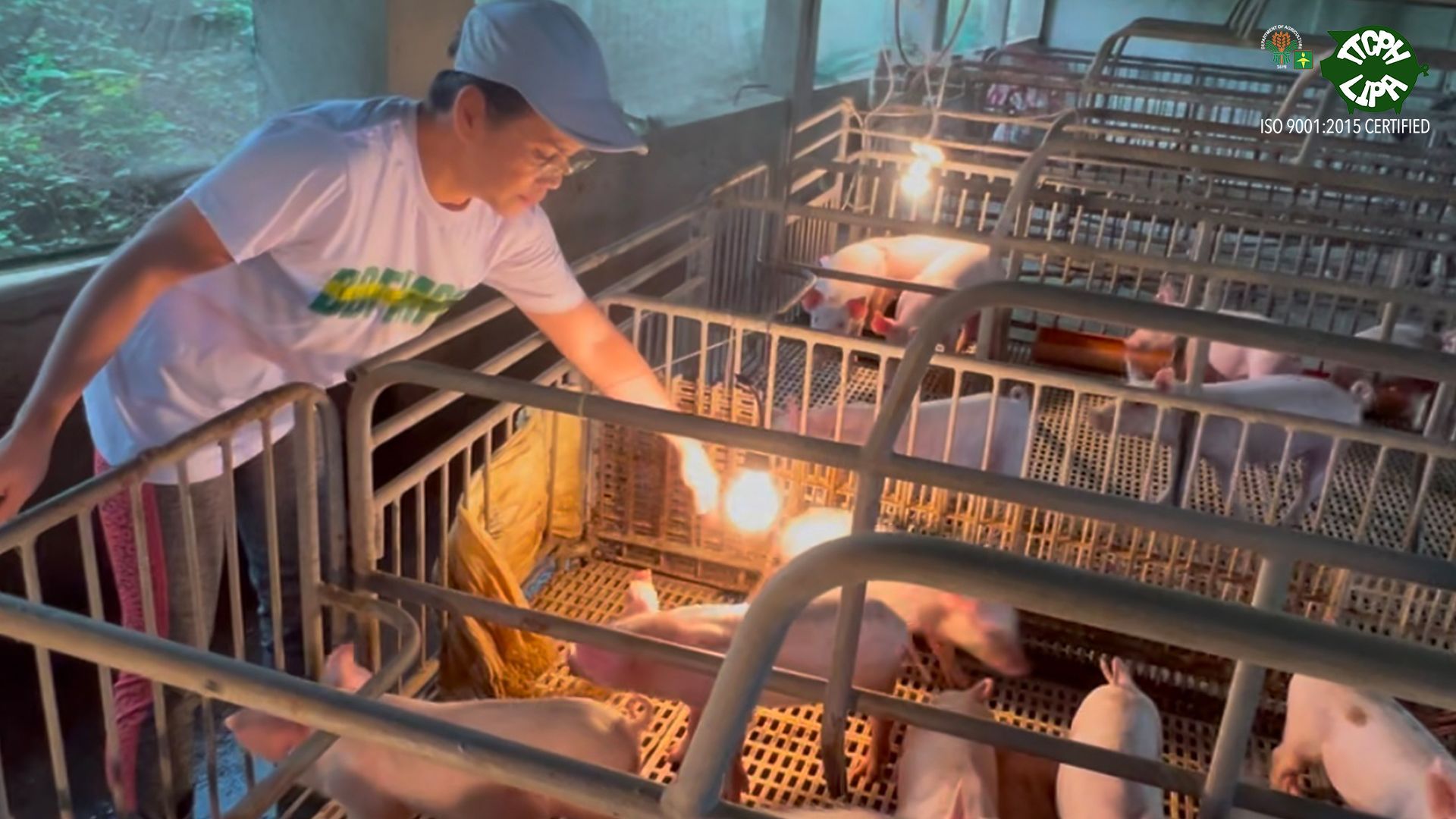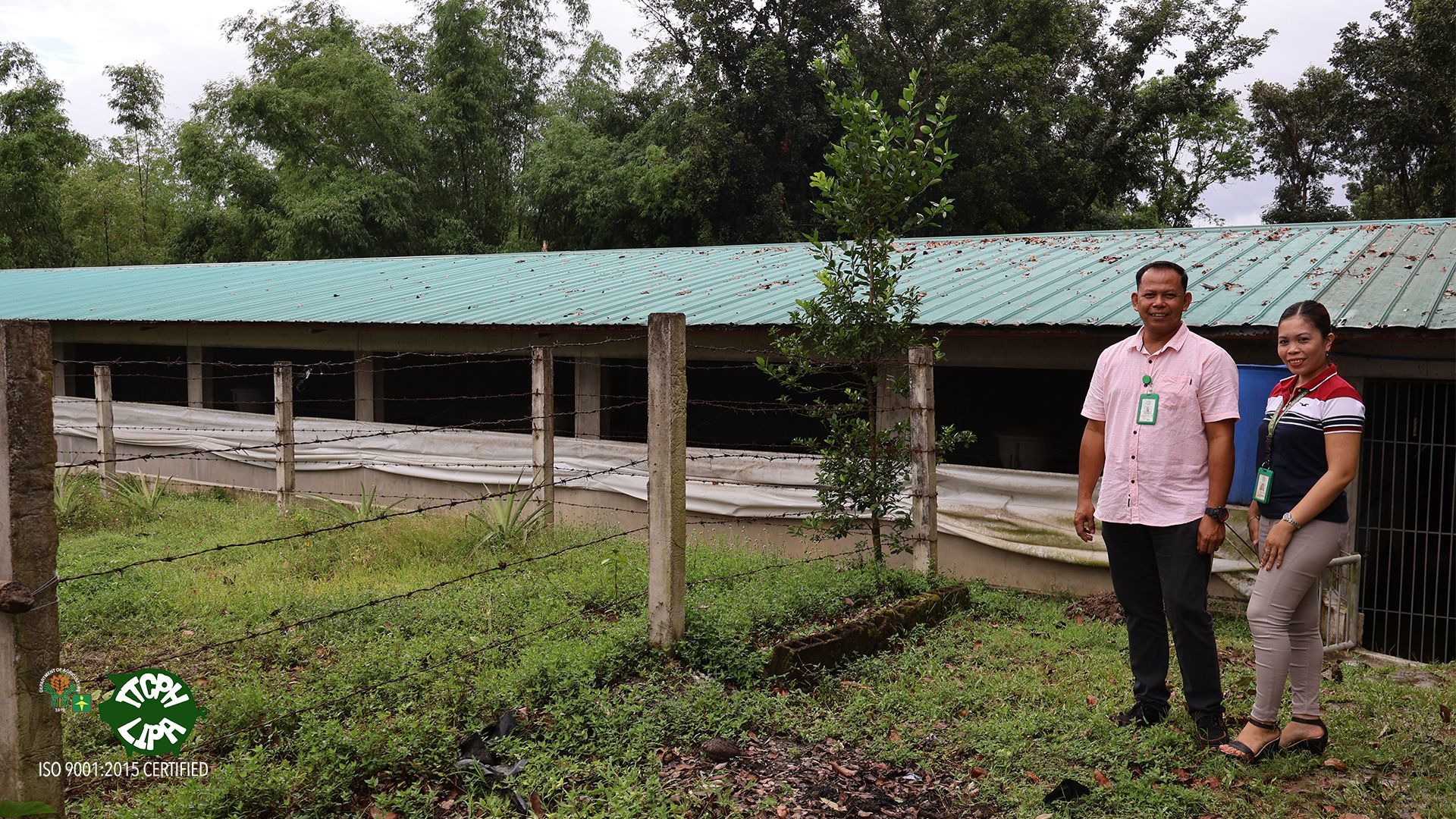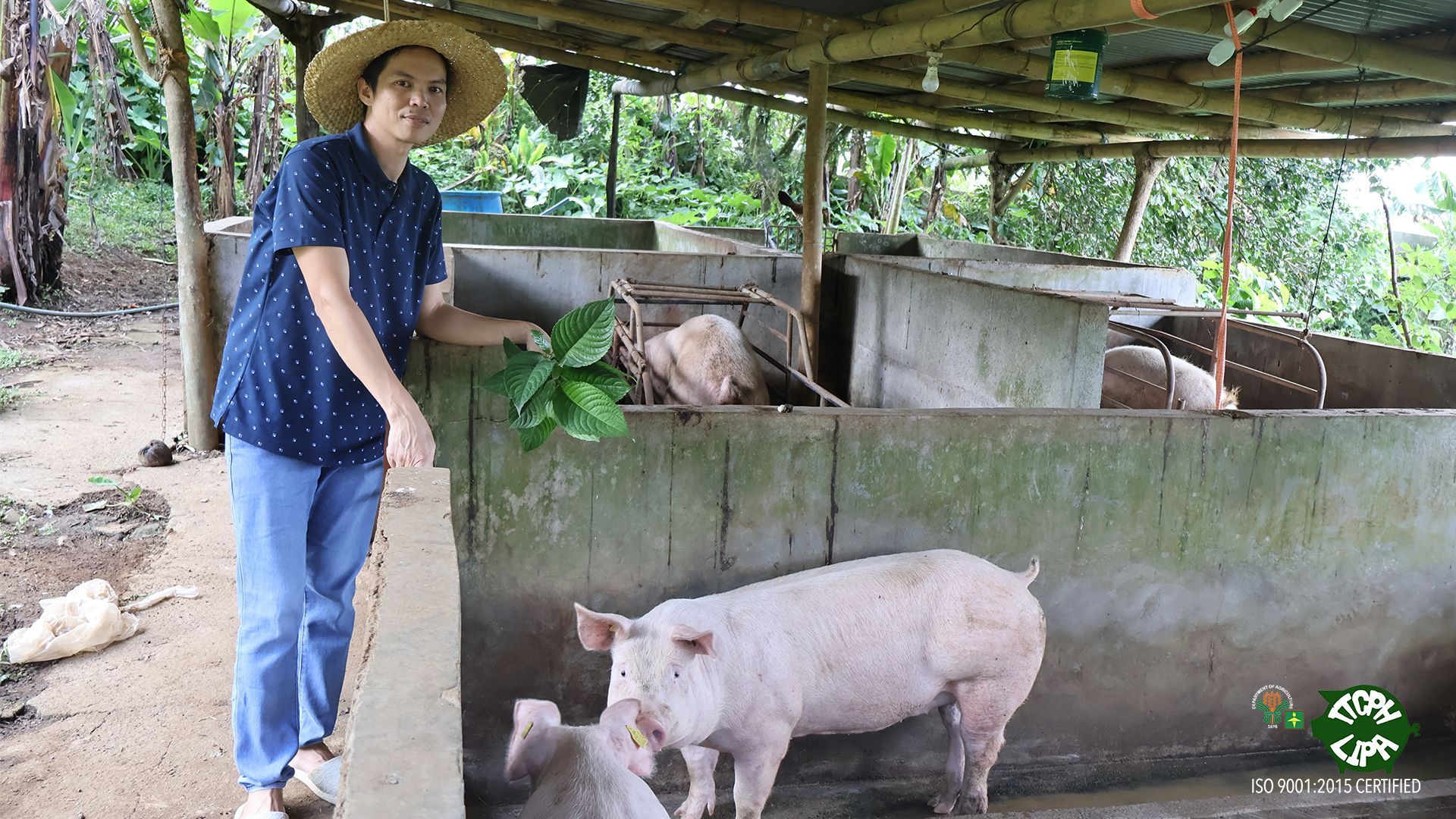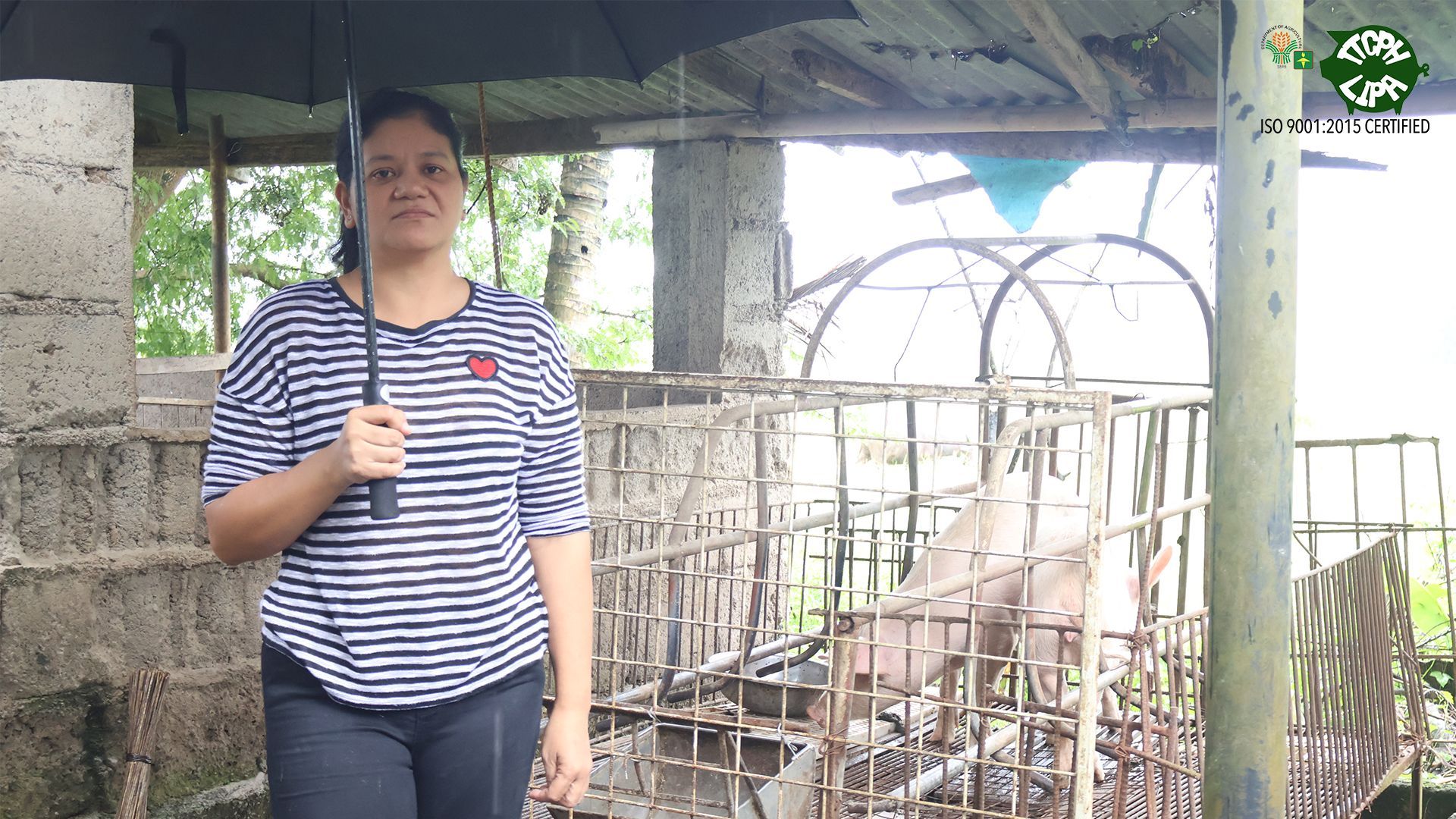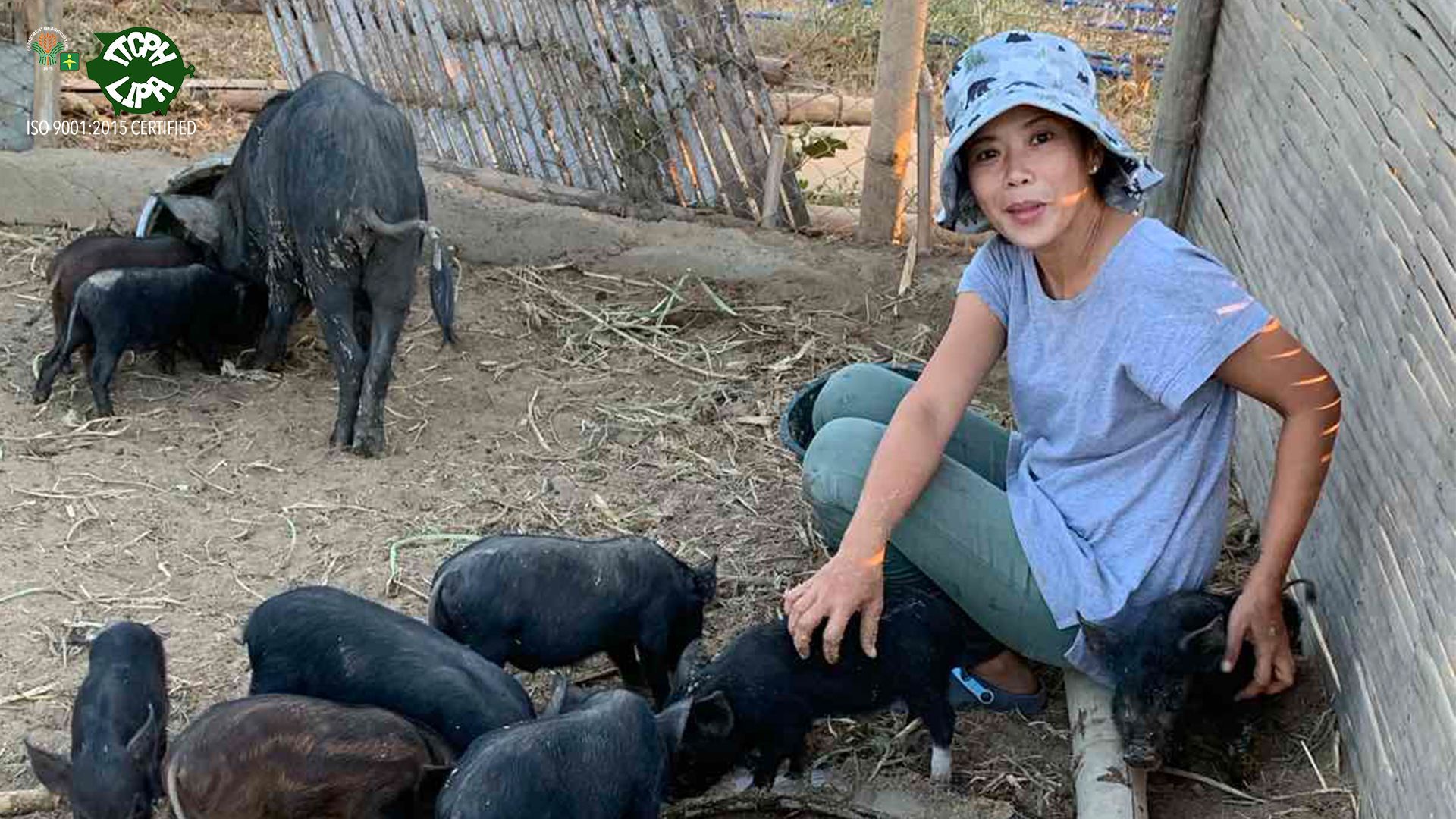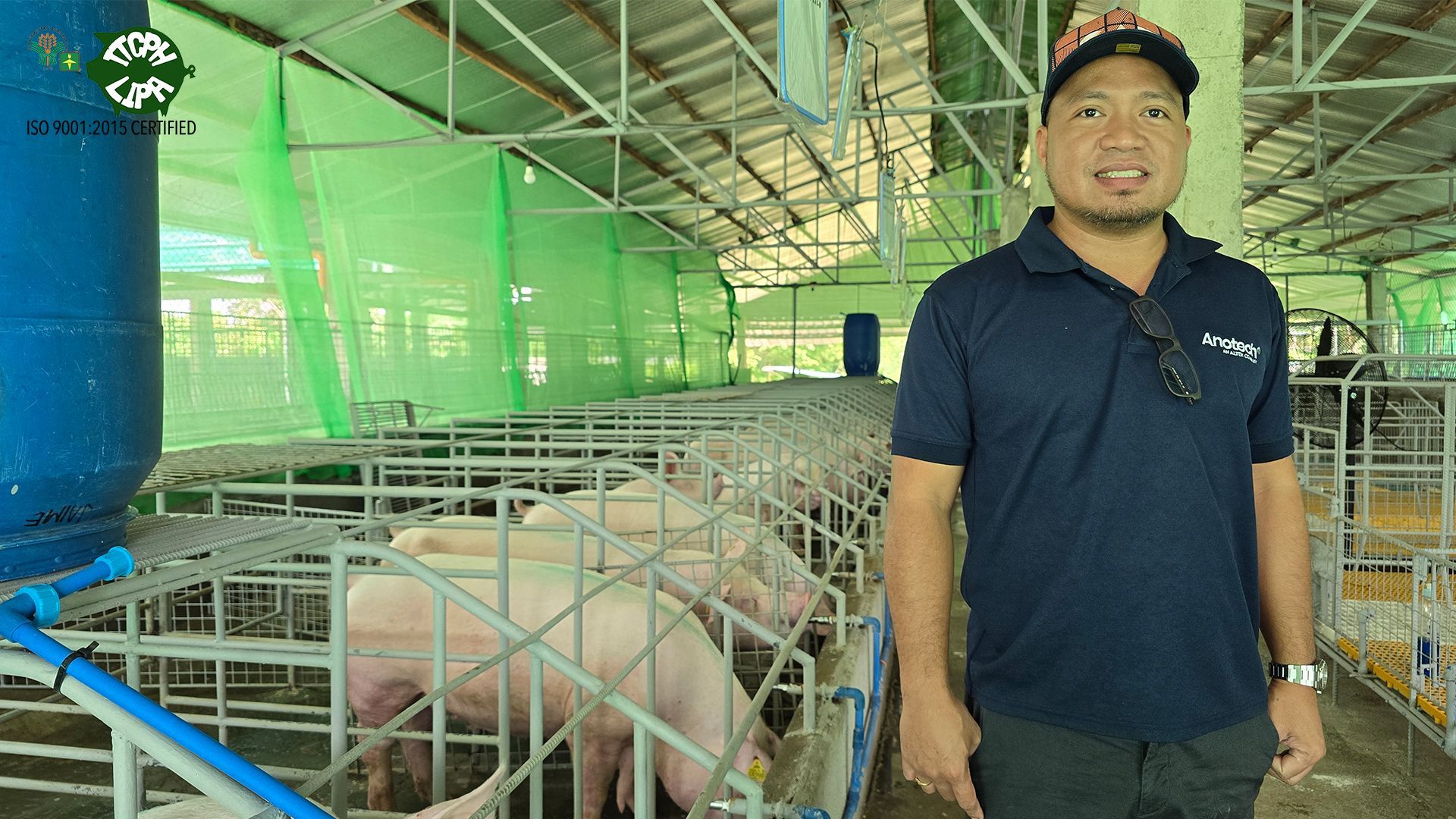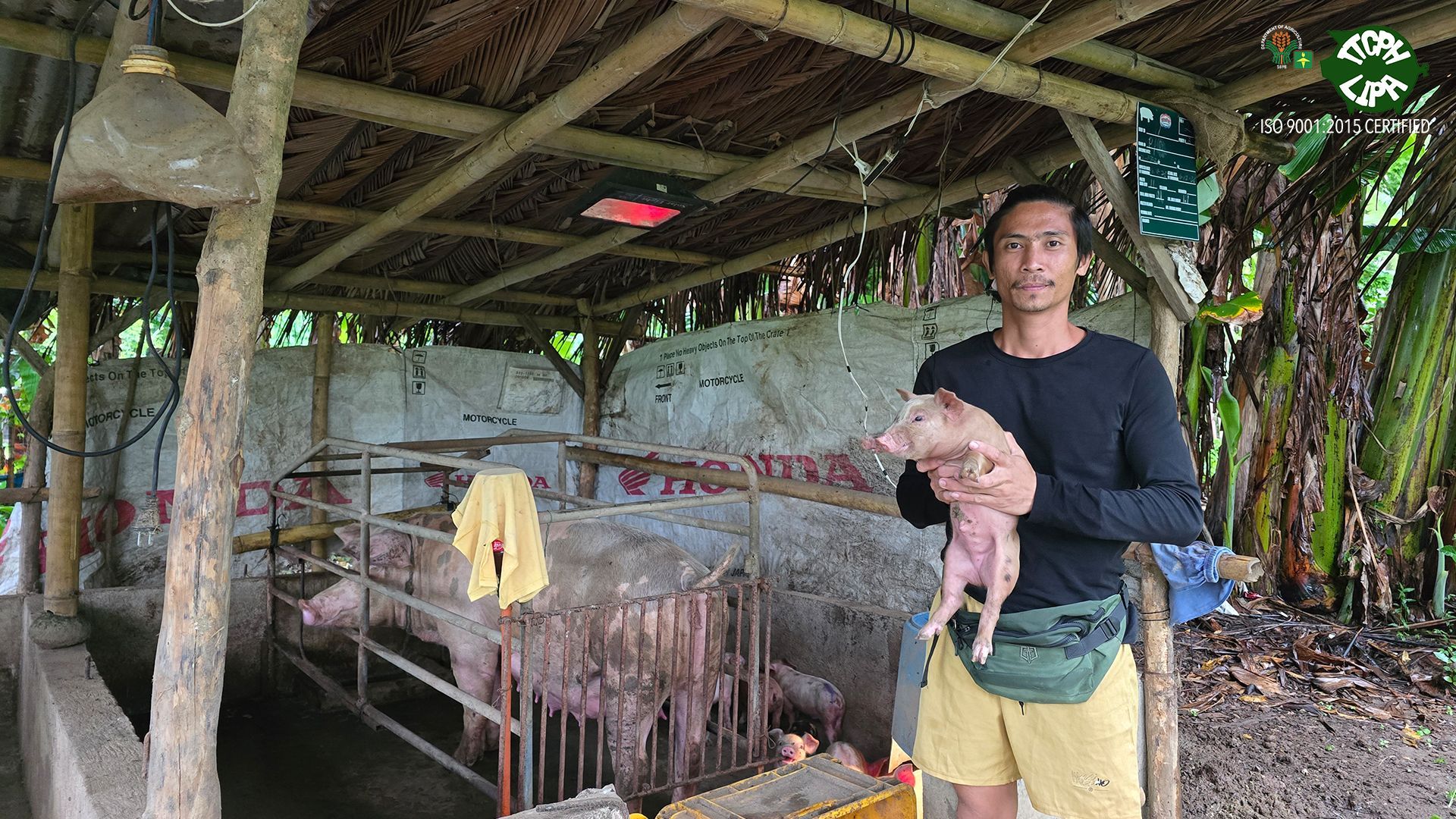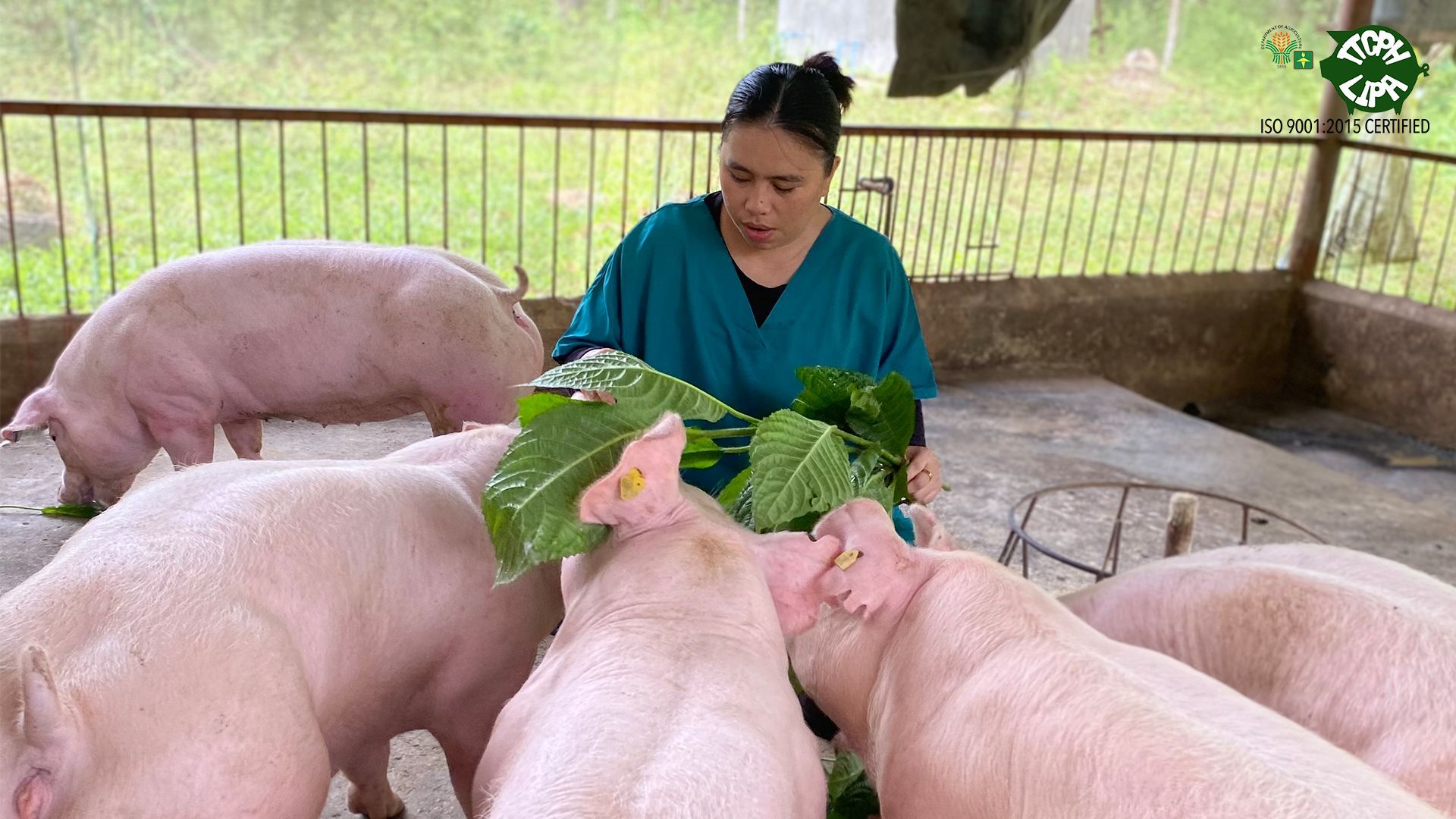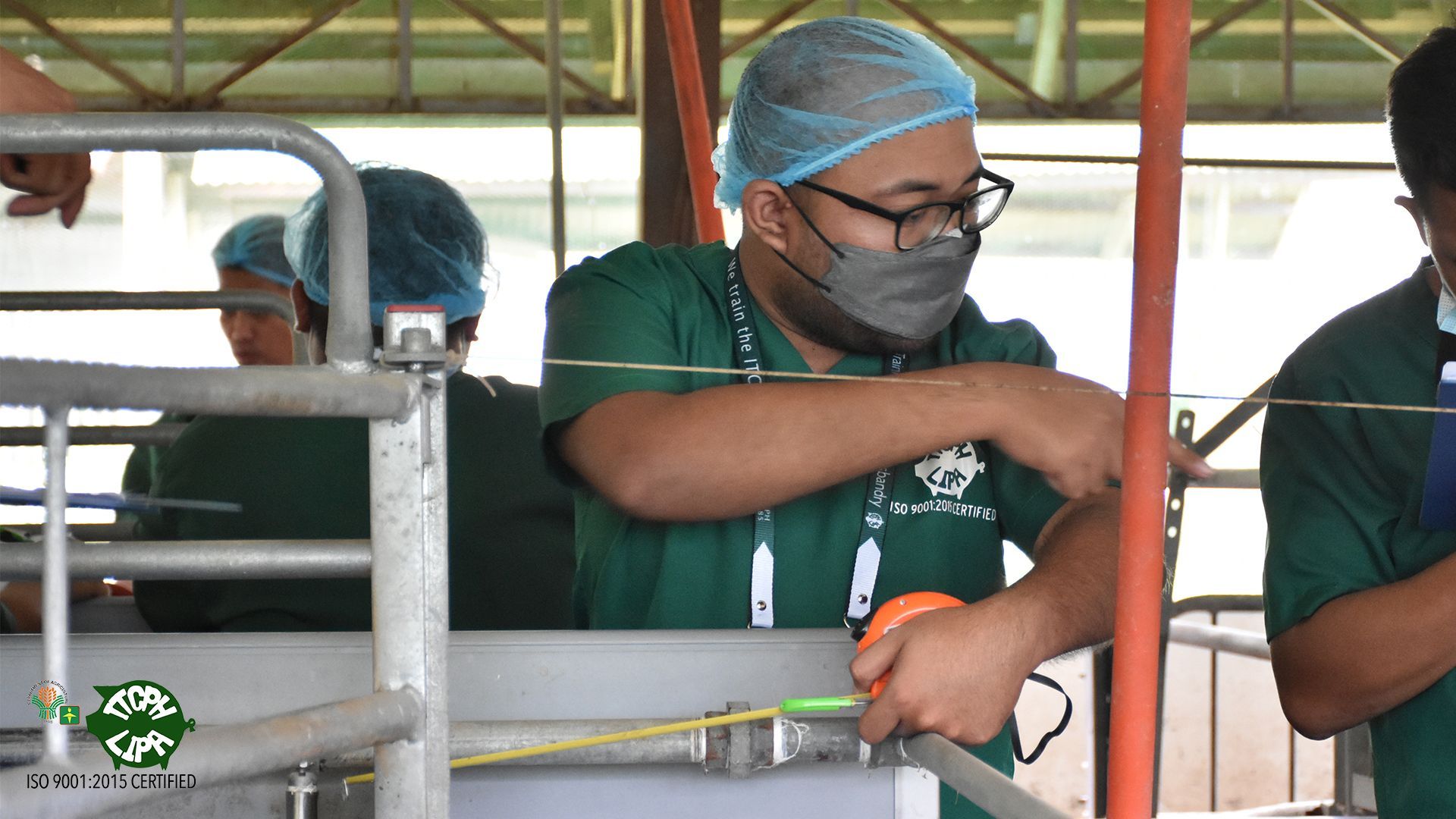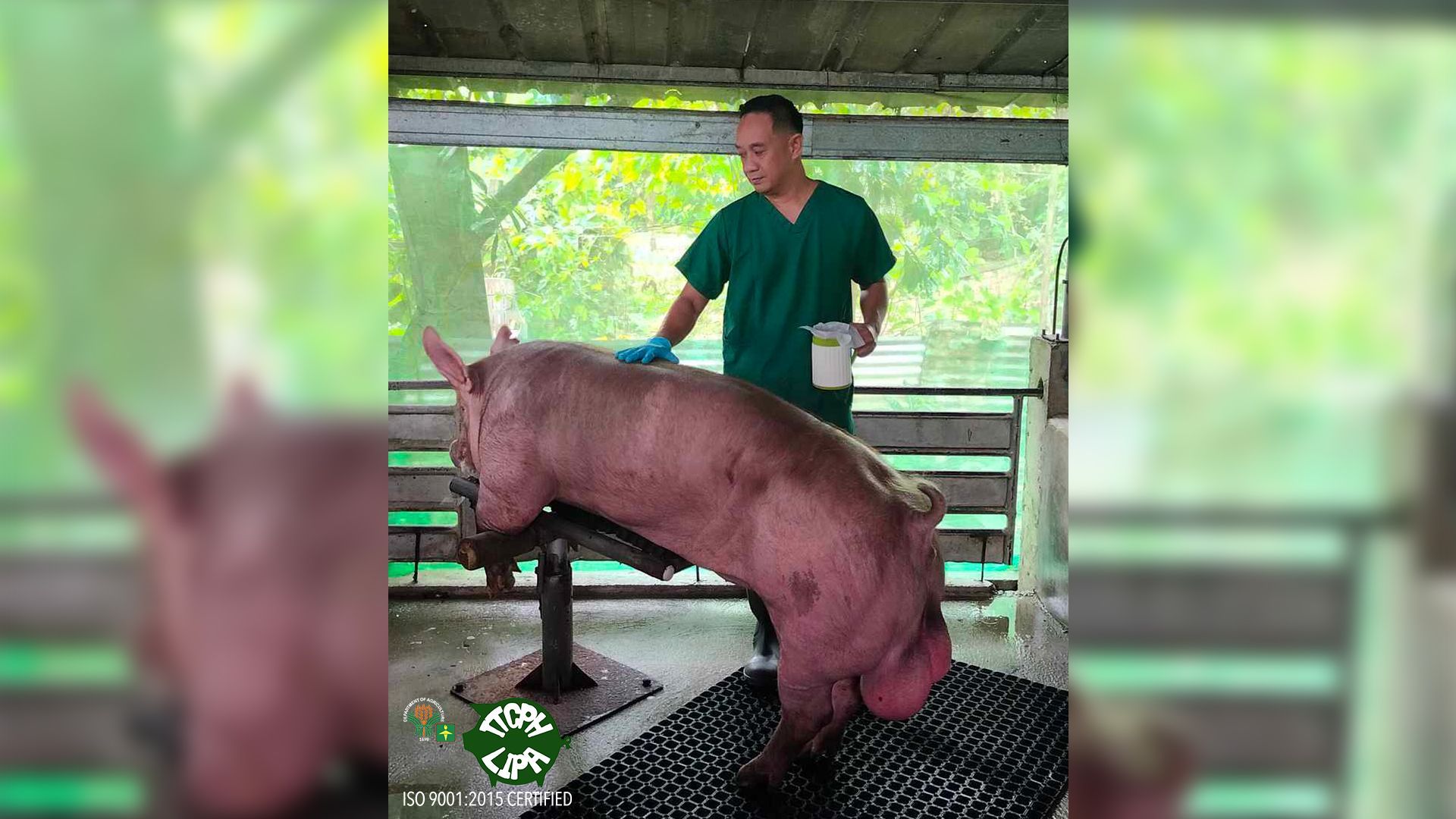Bob the Extension Worker
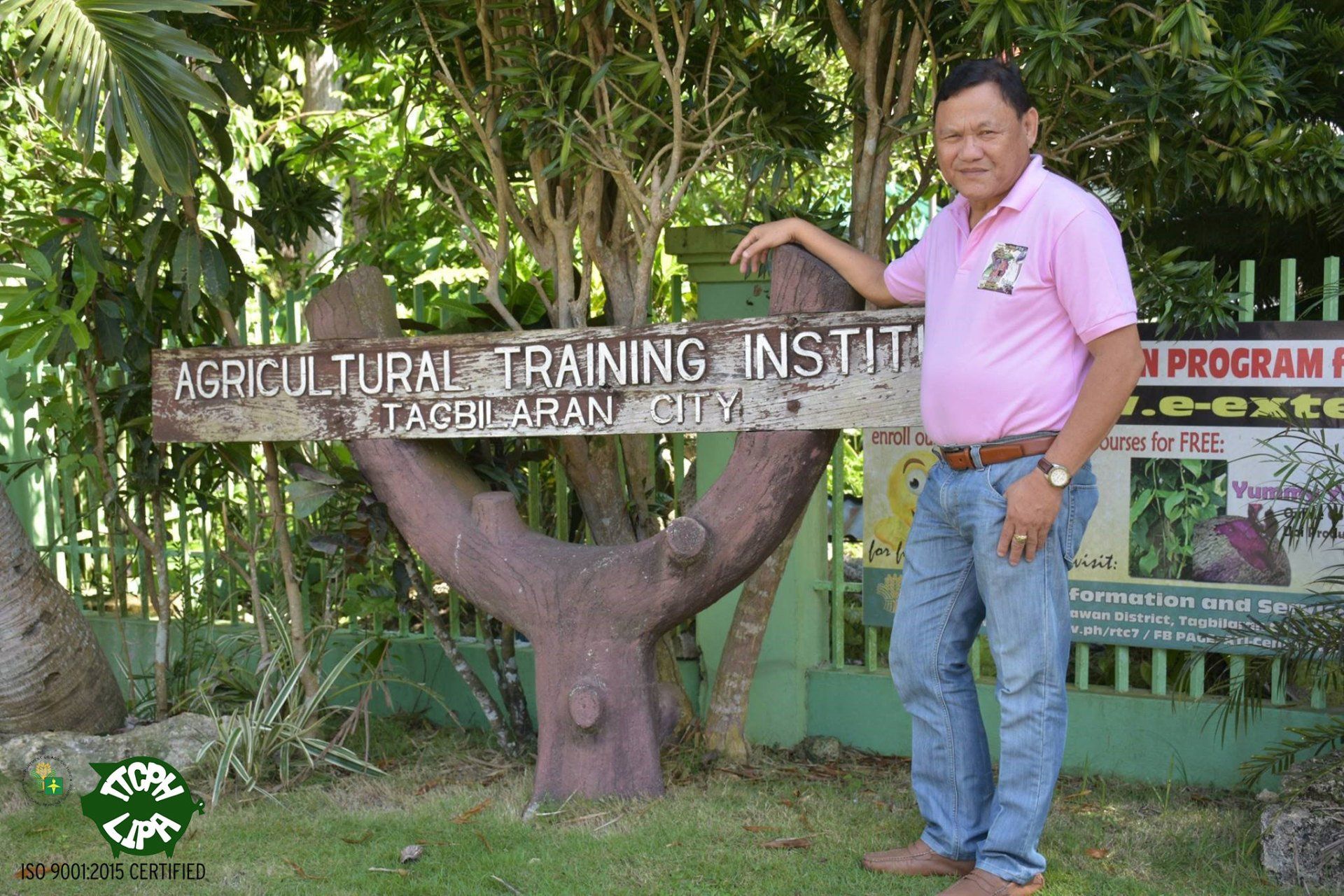
What makes you, You?
With all the people in the world, one can have his own mark to be distinguished. Roles we play in the society may be alike by name but different on the execution. But whatever roles we play, expectations cannot be dodged.
As they say, great power comes great responsibility. But there is hidden power in every individual. What is expected from us are merely deliverables of the organization we belong to. More than these outputs, touching hearts and changing lives sought higher than one can accomplish in a year.
In the agriculture sector, government employees working as technical persons act as teachers to our great farmers. Teaching is really a noble profession. What others do not know is that, schools and universities are not the only ground serving this purpose. A lot can be seen at the long green terrains and up hills. Teachers also known as extension workers.
What makes a good extension worker?
While most veterinarians practice their profession in the private industry, Dr. Roberto Castro, popularly known as Dr. Bob is an agricultural extension worker in the Central Visayas. He has been in the government service for quite a long time. More than the security of tenure, AEWs face a tremendous amount of expectations in the work place and field.
Dr. Bob spent several years as a Farm Supervisor and Site Veterinarian in the private industry before working as an Agricultural Technologist in the Department of Agriculture in Region VII. Today, he belongs to the family of the Agricultural Training Institute – Regional Training Center VII.
For nine years, he served as the Focal Person of the National Livestock Program in the region. Under ATI, he was instrumental in conducting necessary livestock trainings for the Barangay Livestock Aide (BALA) with the Provincial Government of Bohol. He also acts as an extensionist under JICA – TSPRLI Project, - Training Services Project for Rural Life Improvement.
The life of an AEW evolves through time. Knowledge alone is not sufficient in the field of work AEWs do. Their expertise on a given commodity is not made in an overnight. To stand in front of witty farmers takes a lot of courage and expertise to cater their needs. Starting the process is the provision of right trainings to extension workers. Commonly, these trainings are government funded too.
Expectation comes from both parties. An extension worker expects much learning from the training while the other party providing the training, expects his participants to do well when they head home. In 2015, Dr. Bob attended a Key Drivers Training on LEGS at the International Training Center on Pig Husbandry.
Being in the Visayas Region, which is frequently visited by typhoons needs to capacitate livestock farmers on how to protect the animals they raise, particularly those situated in low land areas. Dr. Bob considers the LEGS a necessity. After the training, he already has in mind the steps on how to implement his action plan. “Yung pag attend sa mga trainings, dapat nasusuklian yan ng tamang serbisyo”
, Dr. Bob shares.
Dr. Bob conducted the LEGS or the Livestock Emergency Guidelines Training for Agricultural Extension Workers in the Region. He was first to tap and implement this program to the four provinces of Region VII – Cebu, Bohol, Siquijor and Negros Occidental.
What makes Dr. Bob an explicit AEW was having each municipality participated in the LEGS training. Each representative also had their action plans presented. As of the moment, there has still no evacuation center established, but many would be seen this year (2019).
Currently, what has been put into place were livestock extension workers planning the emergency guidelines for animals in their respective municipalities. The training provided by ITCPH would not have reached the provinces of Region VII and its municipalities, without the help of a dedicated alumna and extension worker.
It is often heard of human lives. But next to this, is saving animal lives, where most farmers source their income and living.
Alongside other trainings being conducted by this teacher, is the incorporation of good animal husbandry practices to reduce carbon emission from the livestock. “Since more on livestock yung carbon footfrints, ang farmers di nila alam na yung mga alaga nila ang main contributor ng methane gas”
, Dr. Bob explains. This, he learnt from the first Course he attended at ITCPH, the Training on the Livestock and the Environment in 2014.
Being in the government service for 30 years, Dr. Bob has grown to be a model livestock extension worker for those who are just starting their career and building their passion to stay under the government.
Dr. Bob ends his story with a quote he himself made to inspire other extensionists.
“Well done is better than well said”.
#ITCPHway #LearningByDoing
